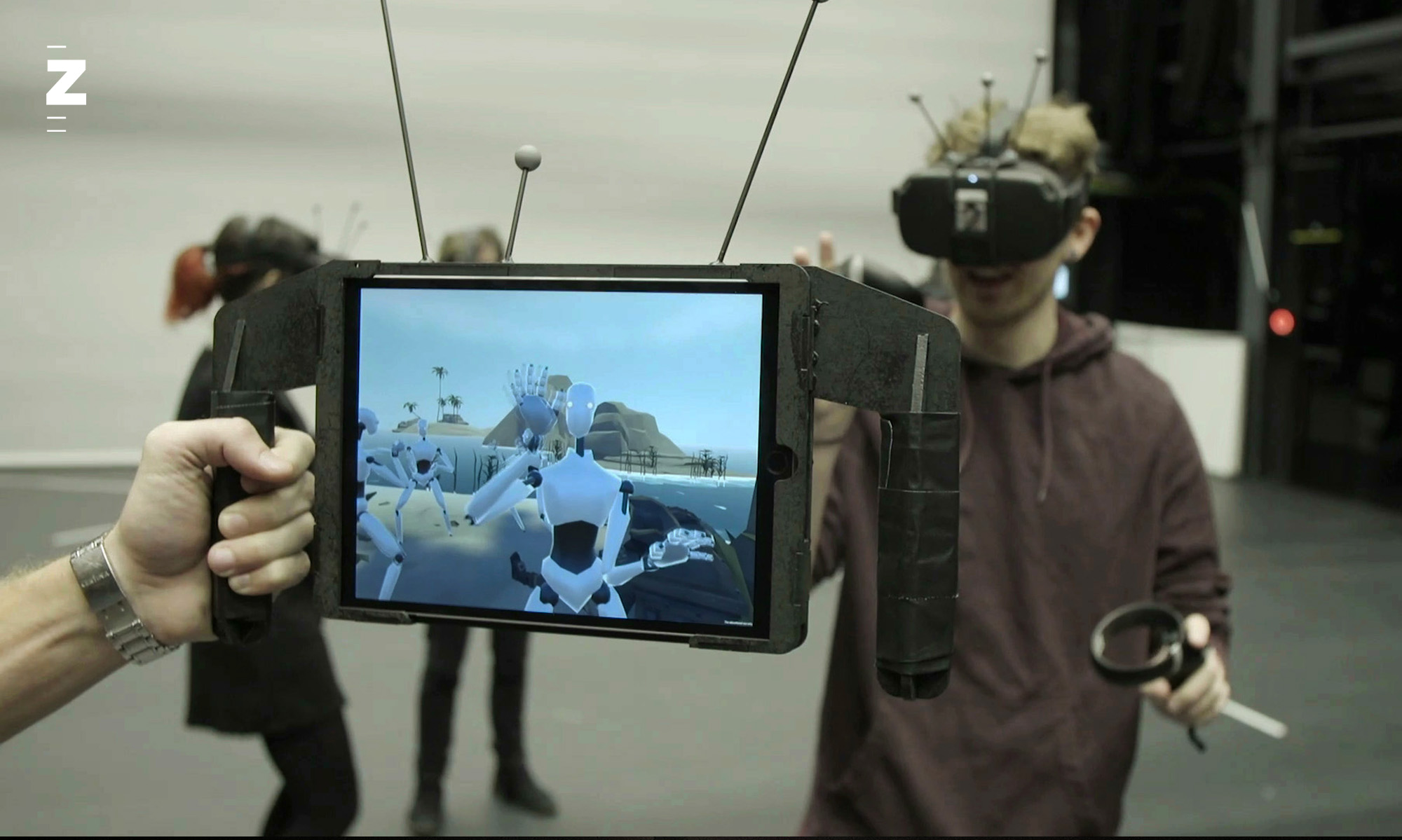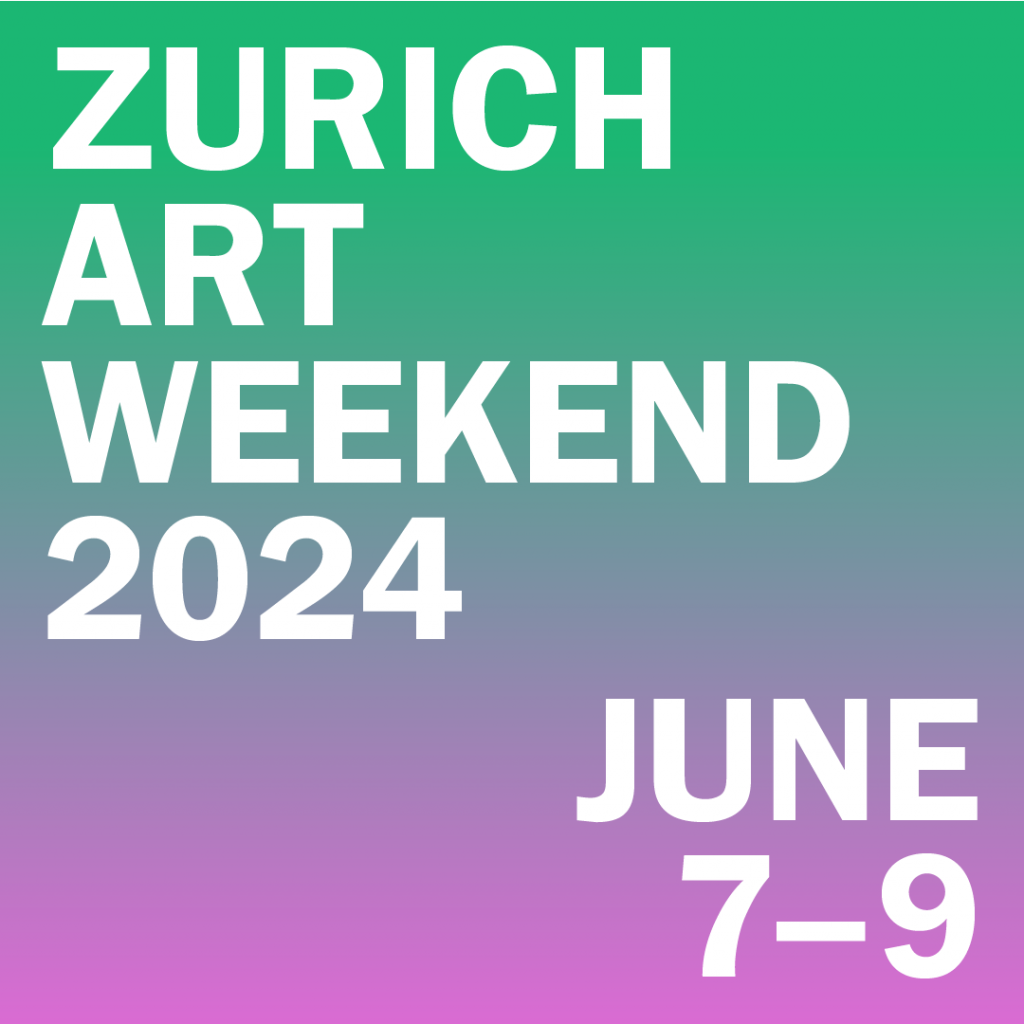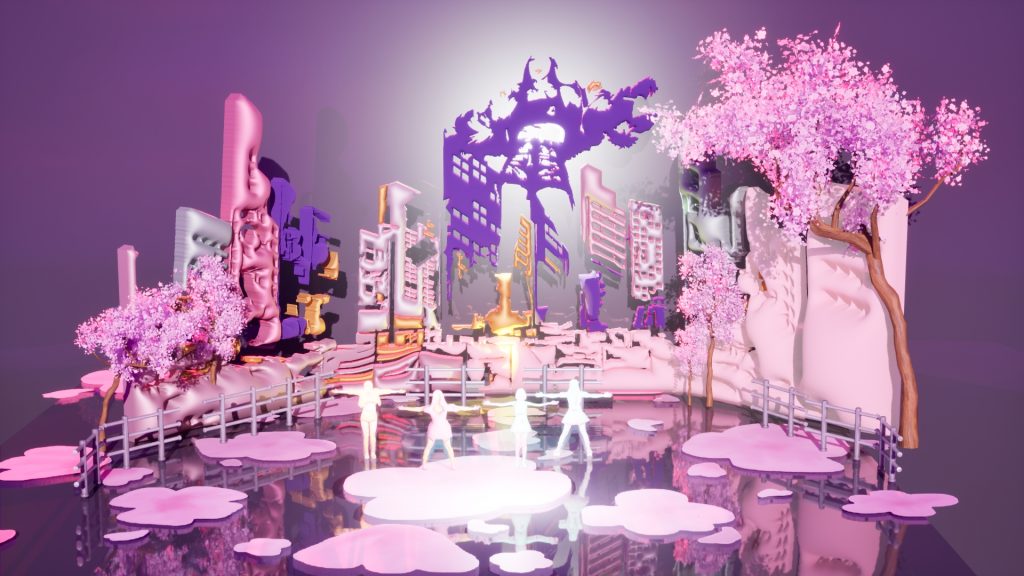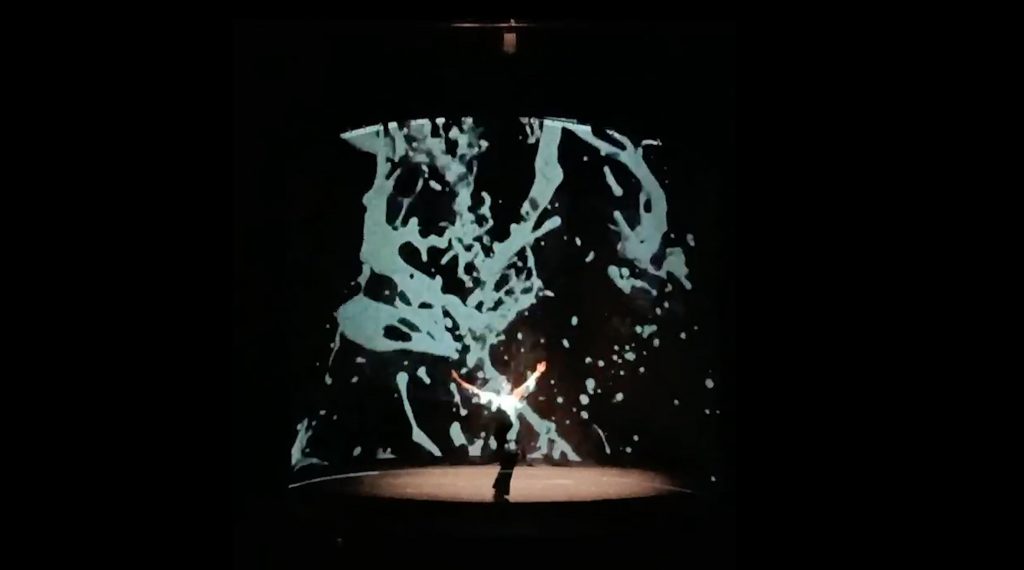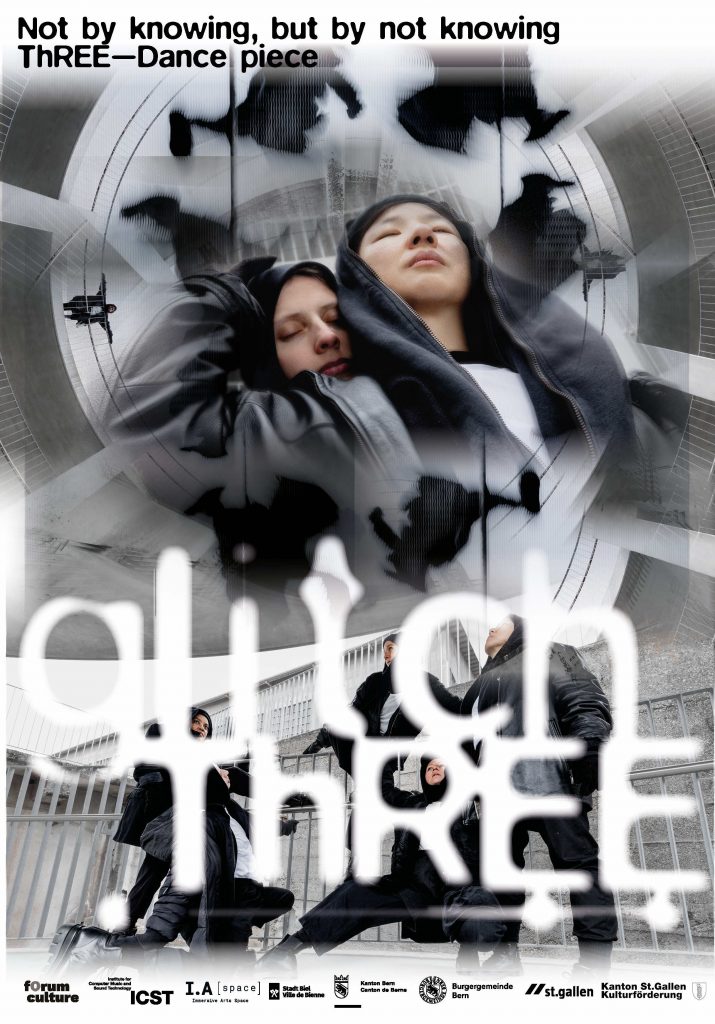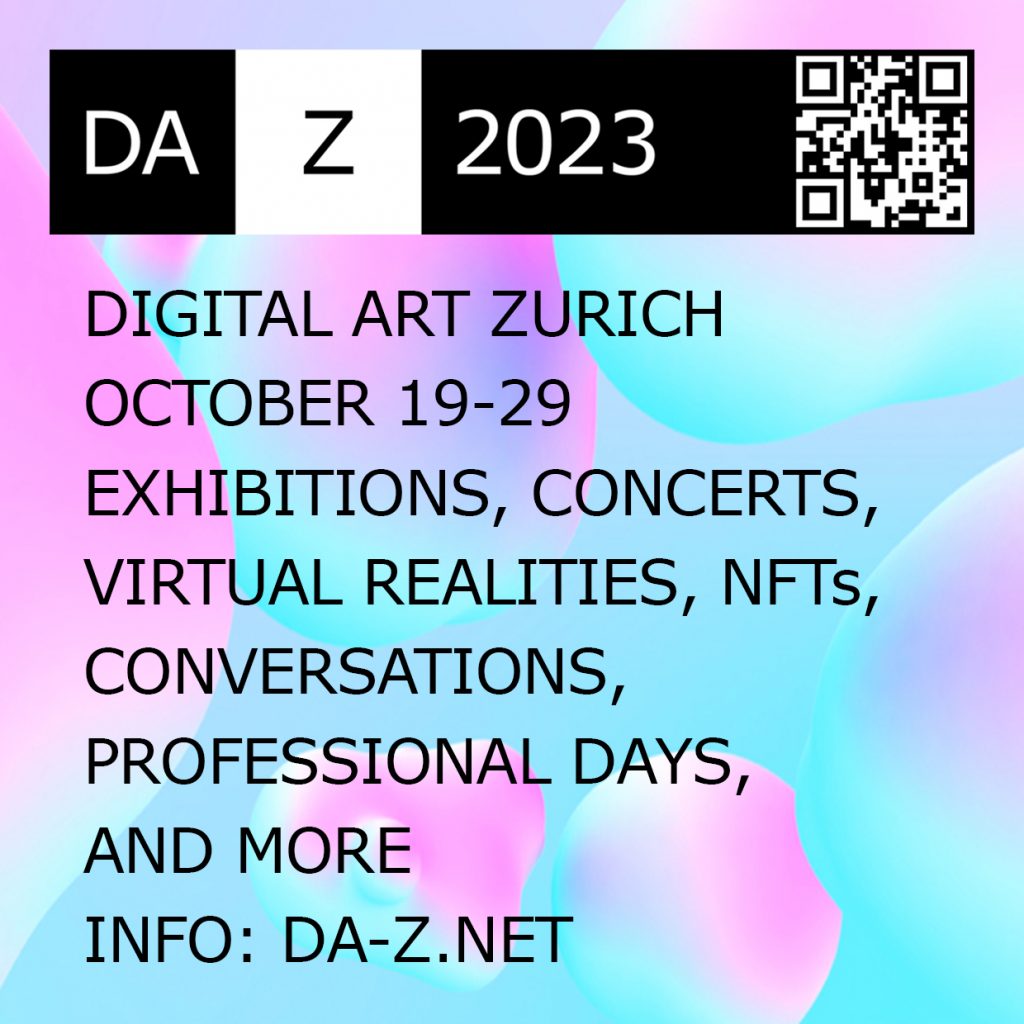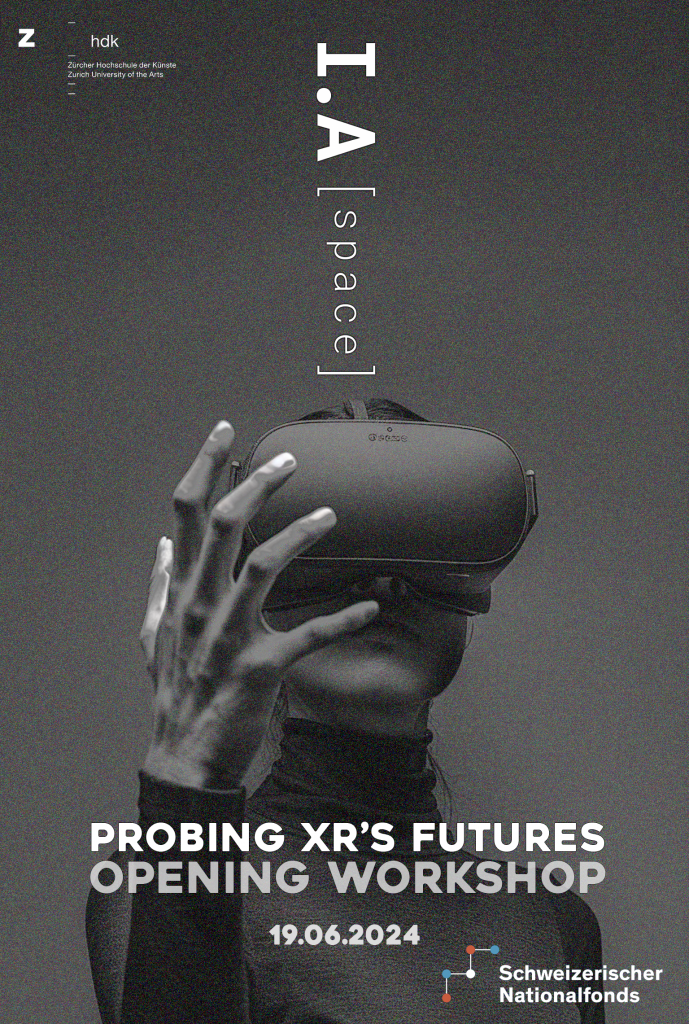
“Extended reality” (XR) devices like Apple’s recently announced Vision Pro or Meta’s Oculus Quest 3 enable new possibilities for mixing the real world with a computationally generated one, promising to “change interaction as we know it.” What are we to make of this claim?
To tackle this question, Probing XR’s Futures brings together designers, scholars, artists and curators during a 4-year SNF-funded research project. Its opening workshop on Wednesday, 19 June 2024, will bring together project partners, collaborators, and interested researchers at the Immersive Arts Space to take a first stab at core issues relating to XR from contrasting perspectives. These perspectives include design fiction, sensory ethnography, video analysis, critical disability studies, STS and more.
The opening workshop at the IAS offers an apt opportunity to engage interdisciplinary conversation on design fiction, bodily experience, and critical inquiry, while providing a forum for instructive exchange between upcoming scholars and established researchers. Confirmed participants include Sabine Himmelsbach (HeK Basel), David Howes (Concordia), Lorenza Mondada (Basel), Pilar Orero (Barcelona), Andreas Uebelbacher (Zugang für Alle, Zurich).
Workshop participation is upon invitation. For those interested in joining, please contact Joëlle Kost at IAS.
Where: ZHdK | Immersive Arts Space | 1.J30
When: 19.06.2024
